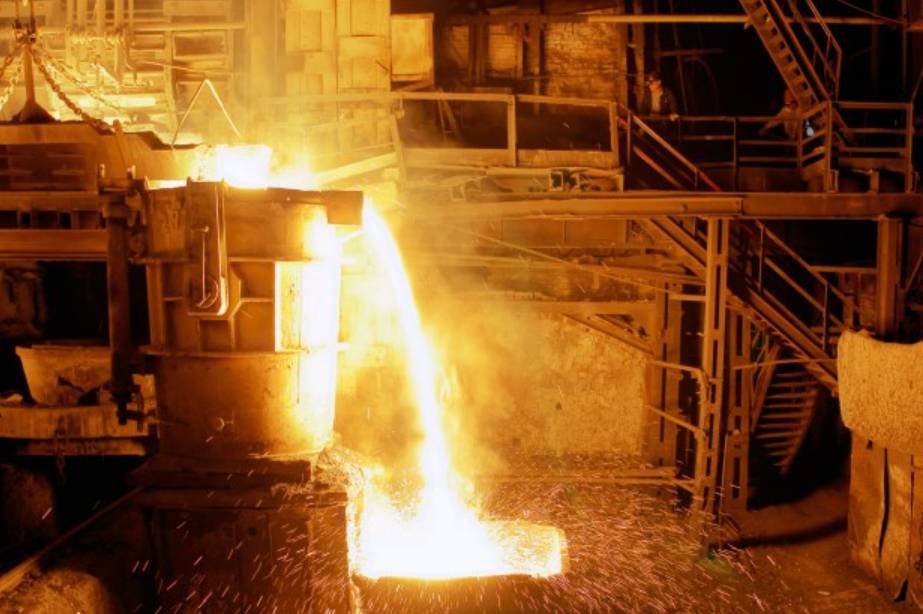In August 2022, global steel production fell again. According to the World Steel Association (WSA), 150.6 million tons of steel were smelted during this period, which is 3% less than in August 2021 and 0.9% more than in July 2022. This is stated in issue No. 1496 of the monthly bulletin “Sectors of the Russian economy: production, finance, securities. Ferrous and non-ferrous metallurgy” dated October 26, 2022.
In total, in January-August 2022, 1253.9 million tons of steel were smelted in the world – 5.1% less than in the same period in 2021. Moreover, 56% of the total volume fell on China – the share of this country in the global melting continues to increase.
In January-August 2022, Russia reduced steel production by 5.8% to 48.9 million tons compared to a year earlier, maintaining fifth place among metal producing countries (according to WSA). In the United States over this period, steel production decreased by 3.7% to 54.9 million tons. China reduced steel production by 5.7% to 693.2 million tons, Japan – by 5.2% to 60.7 million tons, South Korea – by 3% to 46 million tons. tons. At the same time, India increased steel production by 7.1%, and Iran – by 7.8%. In August, Russia produced 5.9 million tons of steel, which is 5.5% less than a year earlier. The production index in the extraction of metal ores in August 2022 decreased by 7.5% compared to a year earlier. In January-August 2022, the index fell by 3.5%.
In October, the European Union announced that it was introducing the next, eighth package of sanctions against Russia. In addition to a number of other restrictions, the EU expanded the embargo on imports of goods from Russia, banning more steel products, including steel slabs. However, due to the significant dependence of European metallurgy on Russian semi-finished products, this restriction will only come into force in 2024. The list of sanctions also included the establishment of a price ceiling for the supply of Russian oil to third countries, export and import restrictions, a ban on crypto wallets for Russians, and a number of other measures.
The European Commission has agreed to extend the deadline for granting free carbon emissions permits to regional steel companies. Previously, the European Commission advocated the phased abolition of free ETS quotas and the reduction of quotas for European steel producers from 2030. However, at a recent meeting, the parties agreed to maintain these quotas until at least 2032. As a result, the Post-2030 Emissions Trading Scheme (ETS) can provide European steelmakers with free CO2 allowances.
